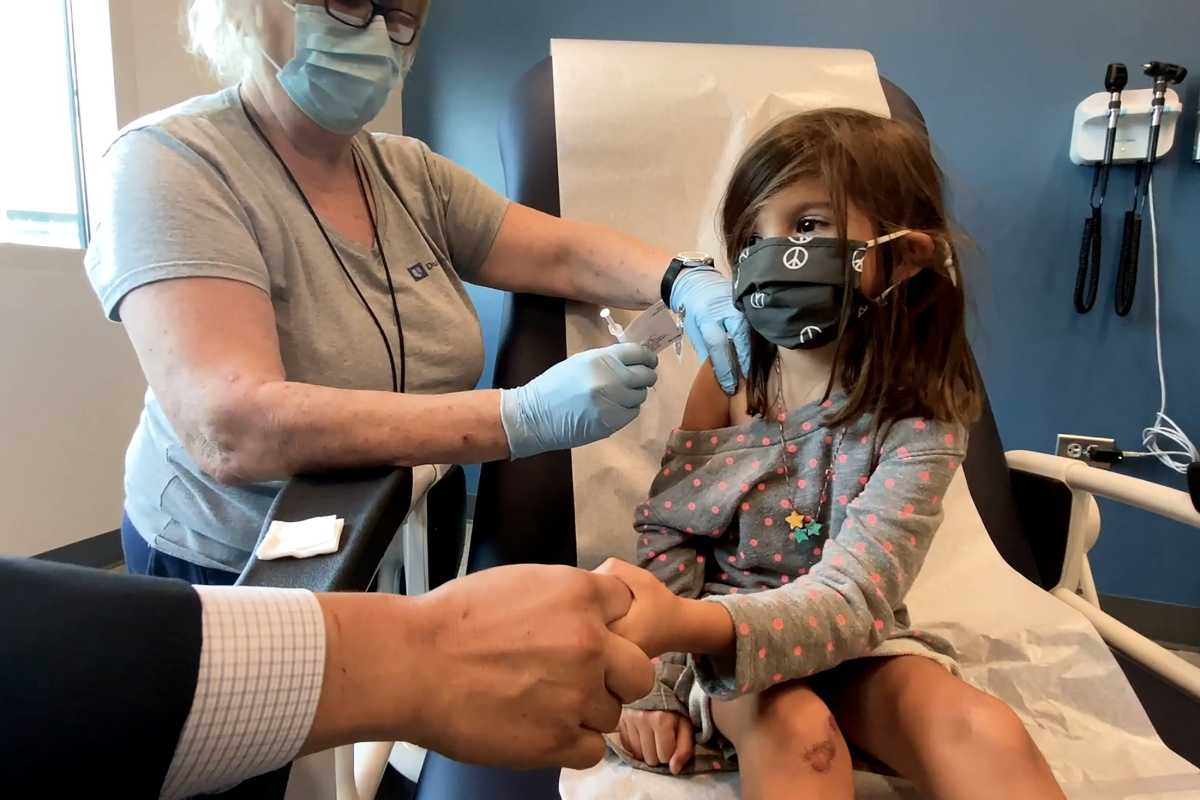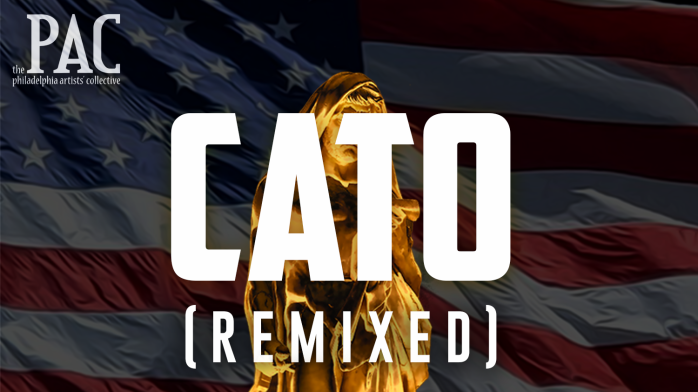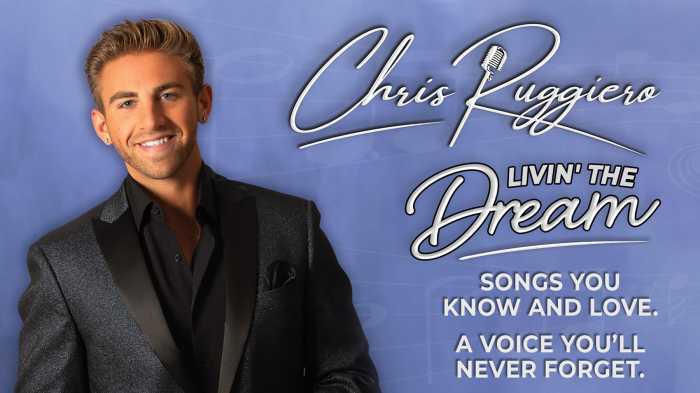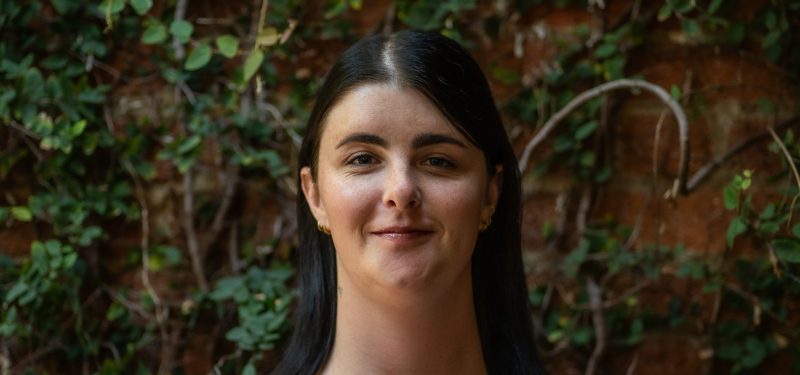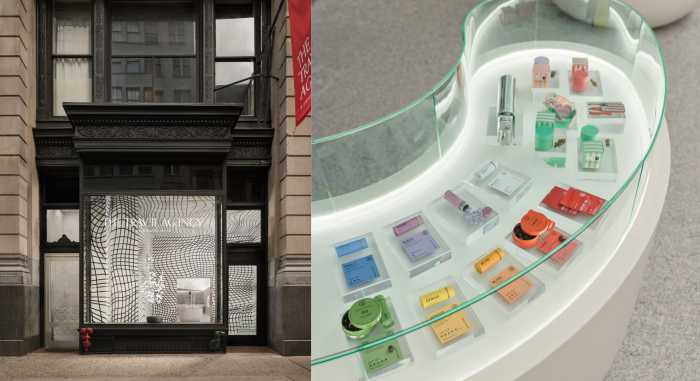Pfizer Inc and BioNTech SE have asked U.S. regulators to authorize emergency use of their COVID-19 vaccine for children ages 5 to 11, a group for whom no shot is currently allowed, Pfizer said on Thursday.
The U.S. Food and Drug Administration has set a date of Oct. 26 for its panel of outside advisers to meet and discuss the application, making it possible for children in this age group – numbering around 28 million – to begin receiving the two-dose Pfizer/BioNTech vaccine shortly afterward.
“With new cases in children in the U.S. continuing to be at a high level, this submission is an important step in our ongoing effort against #COVID19,” Pfizer wrote on Twitter.
The vaccine already has won U.S. emergency use authorization in teens ages 12 to 15 and is fully approved by regulators for people ages 16 and up.
The Pfizer/BioNTech vaccine is one of three in use in the United States, along with the two-dose Moderna vaccine and the single-dose Johnson & Johnson version, neither of which has won full regulatory approval for any age group.
A rapid authorization of the Pfizer/BioNTech vaccine in young kids could help mitigate a potential surge of cases in the coming weeks and months, with schools open nationwide and colder weather driving activities indoors. If given regulatory authorization, the two-dose Pfizer/BioNTech vaccine would become the first COVID-19 shot made available to children 5 to 11 in the United States.
The Pfizer/BioNTech vaccine has been shown to induce a strong immune response in 5 to 11 year olds in a 2,268-participant clinical trial, the companies said on Sept. 20.
The two drugmakers are also testing the vaccine in children ages 2 to 5 years old and children ages 6 months to 2 years, with data expected in the fourth quarter.
The vaccine could be ready for roll out as early as November pending approval from federal regulatory health agencies, White House COVID-19 response coordinator Jeffrey Zients said on CNN.
Once the authorization is granted, Zients said: “We are ready. We have the supply. We’re working with states to set up convenient locations for parents and kids to get vaccinated including pediatricians’ offices and community sites.”
The United States leads the world in COVID-19 cases and deaths.
Children currently make up about 27% of all U.S. coronavirus cases and an increasing percentage of hospitalizations, according to the American Academy of Pediatrics. That reflects the high contagiousness of the coronavirus Delta variant among unvaccinated people.
While children are less susceptible to severe COVID-19, they can spread the virus to others, including vulnerable populations more at risk of severe illness.
A Pfizer spokesperson said the application to the FDA has been completed.
Reuters



